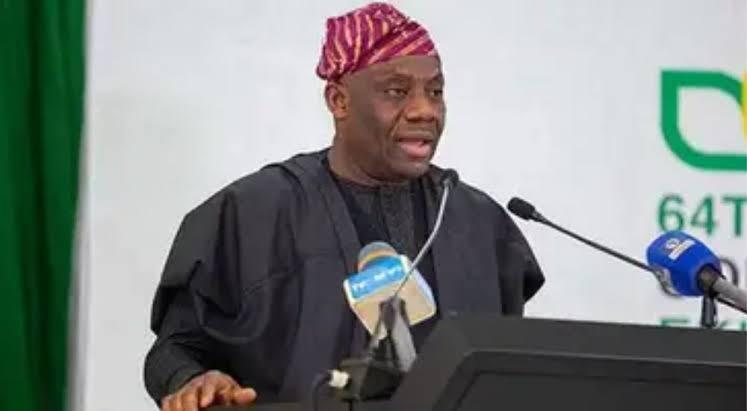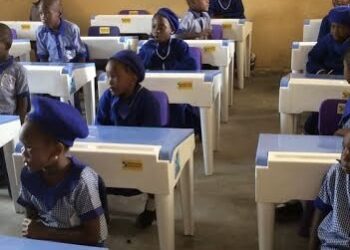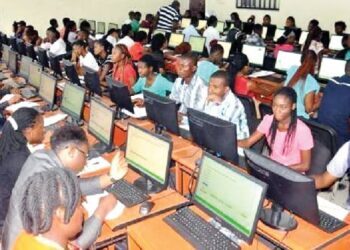The Minister of State for Education, Prof. Suwaiba Ahmad disclosed this at the Adolescent and Youth Ministerial Dialogue on Wellbeing, Health, and Development in Abuja on Tuesday.
The event, organised by Plan International in partnership with International Federation of Red Cross and UNESCO, aims to ensure inclusive policy making and amplify the voices of adolescents and youths in national development efforts.
The event has as its theme: “From Words to action”.
Ahmad, represented by Prof. Ali Idris, Senior Special Assistant to the Minister, said the initiative was targeted at vulnerable youth, including Internally Displaced Persons (IDPs) across the geopolitical zones.
She said the initiative aligned with President Bola Tinubu’s Renewed Hope Agenda and was expected to provide sustainable opportunities for youth employment and empowerment.
”If you have a registered company capable of training at least 60,000 people within three months, the ministry will pay that company. Likewise, individuals who undergo training will receive a starter pack upon completion,” she said.
She emphasised the government’s intention to involve youths in decision-making processes, noting that a stakeholders’ meeting would soon be convened to allow young people to voice their priorities and co-create actionable plans.
”This programme is not being done in isolation. We are working with the youth to identify the areas they consider most critical. Once stakeholders meet, we will move to implementation,” she added.
Speaking on economic realities, she said many companies were leaving the country, and not everyone would secure government jobs.
According to her, the best alternative is for young people to acquire relevant skills that will make them employable locally or internationally.
In addition to skills acquisition, she said the government was tackling the issue of out-of-school children.
”There are over 10 million out-of-school children in Nigeria. To address this, we’ve introduced the Lumina programme, targeting hard-to-reach areas, especially girls.
“The programme aims to provide literacy and numeracy education,” she explained.
she also said that the initiative would commence in the next two months as registration had already begun online.
In the same vein, Jonathan Abakpa, Advocacy League Programme Officer for Plan International Nigeria, stressed the need for young people to be involved in national conversation on shaping their future.
Abakpa recalled that two years ago, the Minister of Health and other stakeholders endorsed the Adolescent Living Healthy and Tribal Nigeria Framework for West and Central Africa.
”The last conference led to the creation of the Adolescent and Young People’s Roadmap, which serves as a guide for policy and intervention.
“This year’s inter-ministerial dialogue allows youth to engage directly with ministers and demand implementation of their priorities,” Abakba said.
He stressed that youth-led advocacy had begun to yield results, citing increased budget allocations for education and health.
He noted that persistent challenge including out-of-school children, teenage pregnancies, and early marriages still required urgent action.
Deputy Speaker of the Nigerian Children’s Parliament, Ibrahim Sunnoma, urged the government to move from commitments to action.
”There are many laws and policies already in place. What we need now is implementation. Words are just air in motion; action must be our foundation,” he said.
Sunnoma criticised the neglect of vulnerable children, particularly in northern Nigeria, where the Almajiris still roam the streets in dire conditions.
”I urge the government to prioritise children on the streets, especially the Almajiris. Strengthen the Almajiri system, integrate western education, and provide shelter, food, and a sustainable livelihood,” he said.
The event featured stakeholders from the education, health and humanitarian sector. (NAN)









